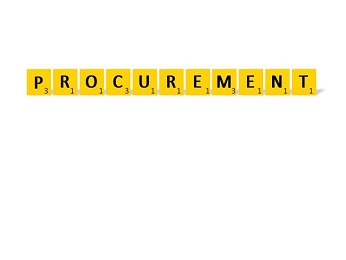Oscar Wilde struck a very rich vein and found a gold mine for pundits when he wrote “We really have everything in common with America nowadays except, of course, language”. I have worked for British firms for nearly two decades and have laughed a lot over this quote. The office building we work from in Vancouver is called the Harbour Centre where I can’t help but chuckle every time I walk in to the lobby. Having been born in the USA, we would spell it “Harbor Center”. The internet has brought us closer together with email, texts, blogs, and social media, so understanding “the language” is even more important today than ever.
We recently met with an American client who read my CV (that is a resume for the American readers) and she noted my experience in Contract Administration was missing. Although I was able to overcome this simple misunderstanding by walking her through my 19 years of practice in Contract Administration, I was curious to understand if she misread my resume or perhaps it did not include words she was familiar with. This brought to mind a book I’d ready a few years ago titled, “Words That Work: It’s Not What You Say, It’s What People Hear” by Frank Lutz. Perhaps I should have followed Frank’s advice.
The word “procurement” has multiple meanings, even in the same country.
Is it procurement, purchasing, buying, contract management, contract administration supply management or supply chain management? What do these terms mean? Are they interchangeable? How many such terms are there? Does it matter? The difficulty is that many of these words are used interchangeably, even loosely, by some, and as in my client’s example, have specific meanings to others.
The Chartered Institute of Procurement & Supply (CIPS) defines procurement as:
“…the overarching function that describes the activities and processes to acquire goods and services. Importantly, and distinct from “purchasing”, procurement involves the activities involved in establishing fundamental requirements, sourcing activities such as market research and vendor evaluation and negotiation of contracts. It can also include the purchasing activities required to order and receive goods.”
Notice how CIPS takes care to define the difference between Procurement and Purchasing. I don’t recall Webster’s dictionary using contradictions to define words. We can therefore hold up the CIPS definition as an indicator of just how confusing the word “Procurement” can be.
The CIPS chapter in Australia has an 8 page white-paper written in 2005 titled, The Definition of Procurement, regarding this very topic:
“One of the first recommendations of the CIPSA Steering Group was that we adopt the word PROCUREMENT in preference to the word PURCHASING as a name for our profession in Australia.” That being said, the Australian CIPS chapter has a brilliant definition: “Procurement is the business management function that ensures identification, sourcing, access and management of the external resources that an organization needs or may need to fulfill its strategic objectives.”
For me, the easiest way to differentiate all these descriptive words in the Procurement Process is to think in terms of the contract as a milestone in time: “Pre-contract” then “Post-contract” or “Contract Formation” then “Contract Execution”. The word Procurement covers both phases. Contract Administration sits in the Contract Execution phase of the Procurement Cycle in case you were wondering.
Yes, words do matter. My CV did not have the term “Contract Administration” to help our prospective client understand my experience, despite my knowing what the word Procurement means to me. When someone is talking about purchasing, procurement, the procurement process, contract formation, or contract administration, it may be wise to invest a few seconds to clarify what the words mean to them.
Written by John F. Gravel

